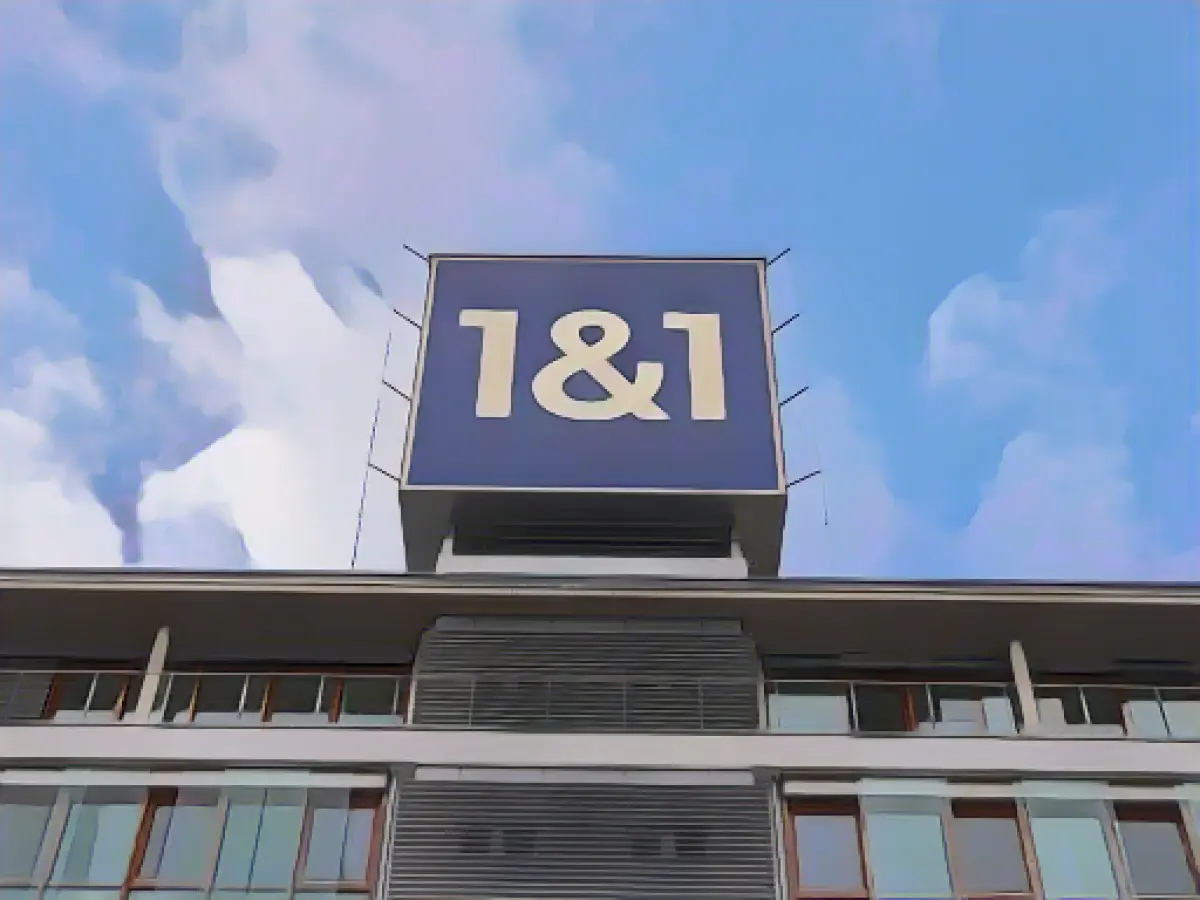Mobile operator 1&1 concludes deal with competitor O2
Ahead of the launch of the fourth German mobile network, the telecommunications group 1&1 has concluded a deal with its competitor Telefónica Deutschland (O2) and believes this will improve its market position.
The existing national roaming contract has been expanded to include the 5G radio standard, the company announced in Montabaur, while also announcing the launch date for the new mobile network: On December 8, the switch will be flipped and the network will be "fully operational". Germany will then have another cell phone network; so far, only Telekom, Vodafone and O2 antennas are transmitting. Competition is likely to intensify.
Where 1&1 does not yet have its own antennas, customers will be connected to the O2 network. However, according to an older contract between 1&1 and O2, only O2's 4G network was available for this purpose; now 5G is being added. No details of the new contract conditions were provided. With access to 5G roaming coming soon, 1&1 is likely to have a better chance of winning over customers than was previously foreseeable.
1&1 has so far only been a so-called virtual network operator
The new deal will enable 1&1 to secure 5G roaming with a competitor during the launch phase of its mobile network. Roaming means that customers also get a connection where their own provider has not set up antennas - in the case of 1&1's still very small network, this is the vast majority of Germany, which is why good roaming is so important for the newcomer. In summer or fall 2024, a roaming contract with Vodafone will take effect - from then on, 1&1 will be in a relatively good position anyway, and the partnership with O2 is gradually coming to an end.
So far, 1&1 is only a so-called virtual network operator that uses the networks of its competitors for its mobile business and pays rent for this. With the new mobile network, the company is getting on its own two feet. This comes at a price: at the 2019 frequency auction, the United Internet subsidiary acquired frequency usage rights for around 1.1 billion euros. Added to this are expansion costs of several billion euros. The Group fell behind in the expansion, which it justified with delivery difficulties from partner companies.
By the end of 2022, 1&1 should have activated 1,000 5G sites, but in fact only five had been activated. At the end of September, there were 60. A company spokesperson emphasized that the pace of expansion is picking up: "The network is growing day by day."
Consumer advocates hope for more competition on the market
So far, the company has only used the activated sites for a landline replacement product, which has a niche existence: Households get Internet via the antennas located nearby and can therefore do without a landline contract. However, 1&1 customers who walk past the antennas with their smartphones have not yet been connected. With the activation of mobile services, the cell phone network will be launched on December 8, which new customers will be able to use thereafter. Existing 1&1 customers, on the other hand, will remain on the O2 network for the time being and are to be transferred to the 1&1 network by the end of 2025.
Consumer advocates hope that the fourth German mobile network will bring more competition to the market, more choice and better value for money for internet customers.
- With the expanded national roaming contract, 1&1 consumers will now have access to O2's 5G network in areas where 1&1 does not have its own antennas, enhancing their mobile service options.
- The partnership between 1&1 and O2 is significant for telecommunications in Germany, as it introduces another cell phone network, challenging the current market dominance of Telekom, Vodafone, and O2.
- The addition of 5G roaming with O2 will improve 1&1's ability to attract and retain consumers, as their mobile services will be more competitive in terms of speed and coverage.
Source: www.dpa.com








